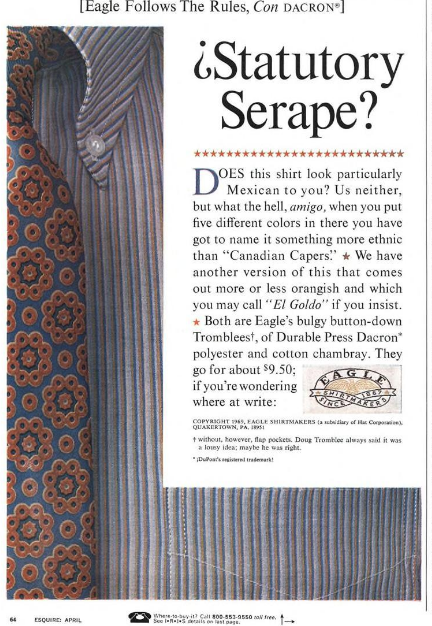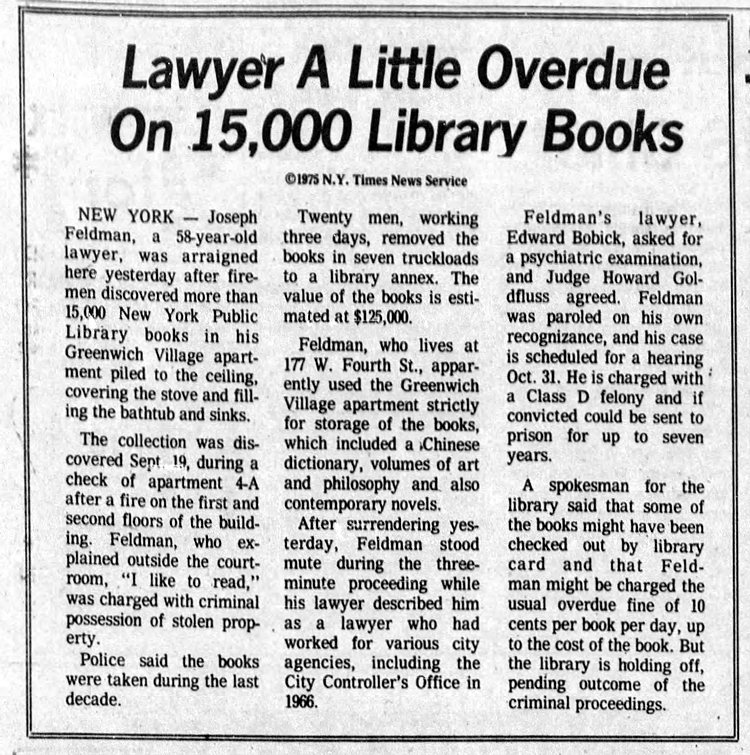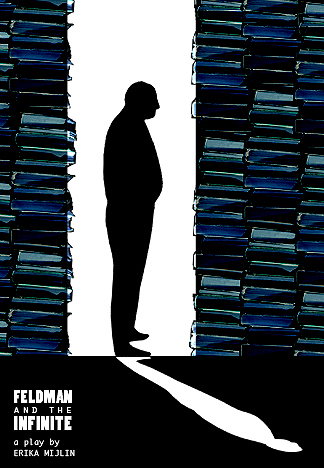Crime
How to catch a shoplifter
Some tips, according to Dick Deal, professional shoplifter:"Watch people’s hands. We steal with them! Don’t let their hands out of your sight."
Also, "Watch for the dance, the almost ritualistic dance. The strange movements [shoplifters] make."
Posted By: Alex - Tue Aug 27, 2019 -
Comments (1)
Category: Crime, 1980s
The Man Who Stole Art
The strange tale of Stéphane Breitweiser, arguably the world's greatest art thief, who managed to steal hundreds of works valued, in total, at well over one billion dollars.His success was largely attributable to a a loophole in the world of art security: that there's not much security on the front-end (in the museums). Instead, as Michael Finkel notes in a Feb 2019 article in GQ, "art crimes are typically solved on the back end, when the thieves try to sell the work."
And that's why Breitweiser managed to get away with his thefts for so long, because he never tried to sell anything. He stole because he loved the art and wanted to have it for himself, accumulating it all in his mother's house, where he lived.
His case reminds me of Joseph Feldman, who stole over 15,000 books from the New York Public Library, simply because he loved books. It suggests a recurring weird-news theme: thieves who steal not from a profit motive, but instead to indulge their obsessive collecting.

Stéphane Breitweiser
Posted By: Alex - Sun Jul 28, 2019 -
Comments (3)
Category: Art, Crime, Collectors
Follies of the Madmen #427

Source.
Posted By: Paul - Tue Jun 04, 2019 -
Comments (1)
Category: Business, Advertising, Crime, Fashion, Sexuality, 1960s
Incident in Salem
Submitted by Jenny Beatty, who notes the source as USA Today, October 26, 2018 or thereabouts.More details.

Posted By: Alex - Wed Apr 17, 2019 -
Comments (2)
Category: Crime
The Seat That Burns
Concerned by an increasing number of attacks on cab drivers, Parisian taxi drivers in 1987 began outfitting their cars with a device called "le siege qui brule" ('the seat that burns'), which could electrify unruly passengers with 52,000 volts.As far as I can tell, the devices were outlawed a few months after their introduction.


Hazleton Standard-Speaker - Oct 23, 1987
Posted By: Alex - Mon Mar 18, 2019 -
Comments (3)
Category: Crime, Motor Vehicles, 1980s
The Great Toy Robbery
The Great Toy Robbery, Jeff Hale, provided by the National Film Board of Canada
Posted By: Paul - Mon Mar 18, 2019 -
Comments (1)
Category: Crime, Holidays, Cartoons, 1960s
The man who stole 15,000 library books
Over the course of a decade, from around 1965 to 1975, Joseph Feldman managed to steal 15,000 books from the New York Public Library. He was caught when firemen entered his Greenwich Village apartment while responding to an alarm in his building and discovered all the books, piled up everywhere. When asked why he had taken them all, Feldman responded, “I like to read.”
Arizona Daily Star - Sep 27, 1975
In the 21st century, playwright Erika Mijlin was inspired to write a play, Feldman and the Infinite, about the incident. It was first performed in 2008. Her description of it:

And below, a video clip of the performance.
Posted By: Alex - Thu Jan 31, 2019 -
Comments (2)
Category: Crime, Books, Libraries, Collectors, 1970s
Daily Jury Duty
The Daily Jury Duty was Chuck's thing, but in this case I can't resist briefly reviving it.Joshua Emery Noel (aka 'Topcat') has been charged with second-degree assault and battery for allegedly throwing hot coffee at a teenage McDonald’s employee because he was upset about how long he had to wait for his fries. The story.
As Chuck would say: no fair examining the evidence; verdict must be based on mugshot only.

Posted By: Alex - Fri Jan 18, 2019 -
Comments (5)
Category: Crime, Your Daily Jury Duty
Juror spots stolen shoes
Either this was an ingenious way to get out of jury duty, or a truly random coincidence.What I find particularly odd is that the shoes were obviously pretty crappy, with paint spots and frayed laces. So somewhat weird that someone would steal them in the first place, and then choose to wear them while serving as a witness at a trial... and then, by sheer chance, the owner of the shoes happens to be in the jury.

Fort Lauderdale News - Jan 18, 1986
Posted By: Alex - Mon Jan 07, 2019 -
Comments (0)
Category: Crime, Shoes, 1980s
Velvet Smooth
If you like the clips, the full film follows.
Posted By: Paul - Sun Dec 09, 2018 -
Comments (2)
Category: Crime, Detectives, Private Eyes and Other Investigators, Excess, Overkill, Hyperbole and Too Much Is Not Enough, Ineptness, Crudity, Talentlessness, Kitsch, and Bad Art, Movies, Exploitation and Grindhouse, 1970s

| Who We Are |
|---|
| Alex Boese Alex is the creator and curator of the Museum of Hoaxes. He's also the author of various weird, non-fiction, science-themed books such as Elephants on Acid and Psychedelic Apes. Paul Di Filippo Paul has been paid to put weird ideas into fictional form for over thirty years, in his career as a noted science fiction writer. He has recently begun blogging on many curious topics with three fellow writers at The Inferior 4+1. Contact Us |




